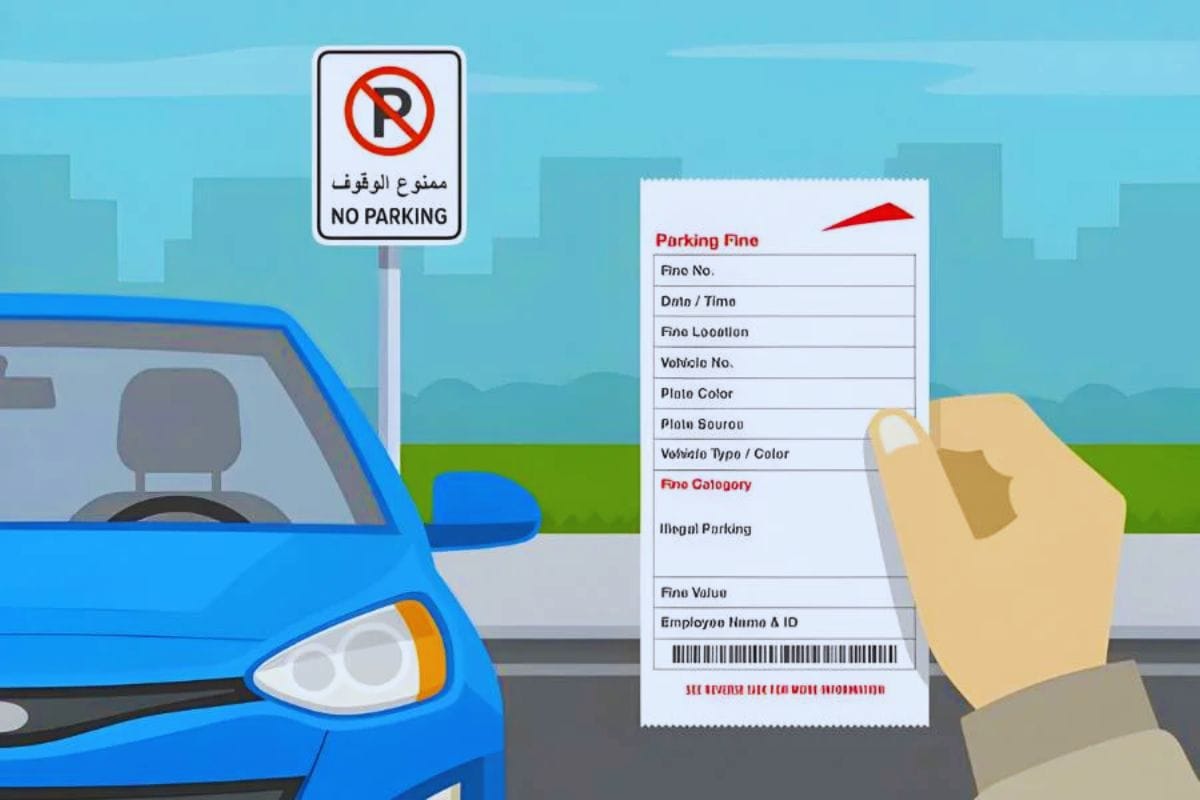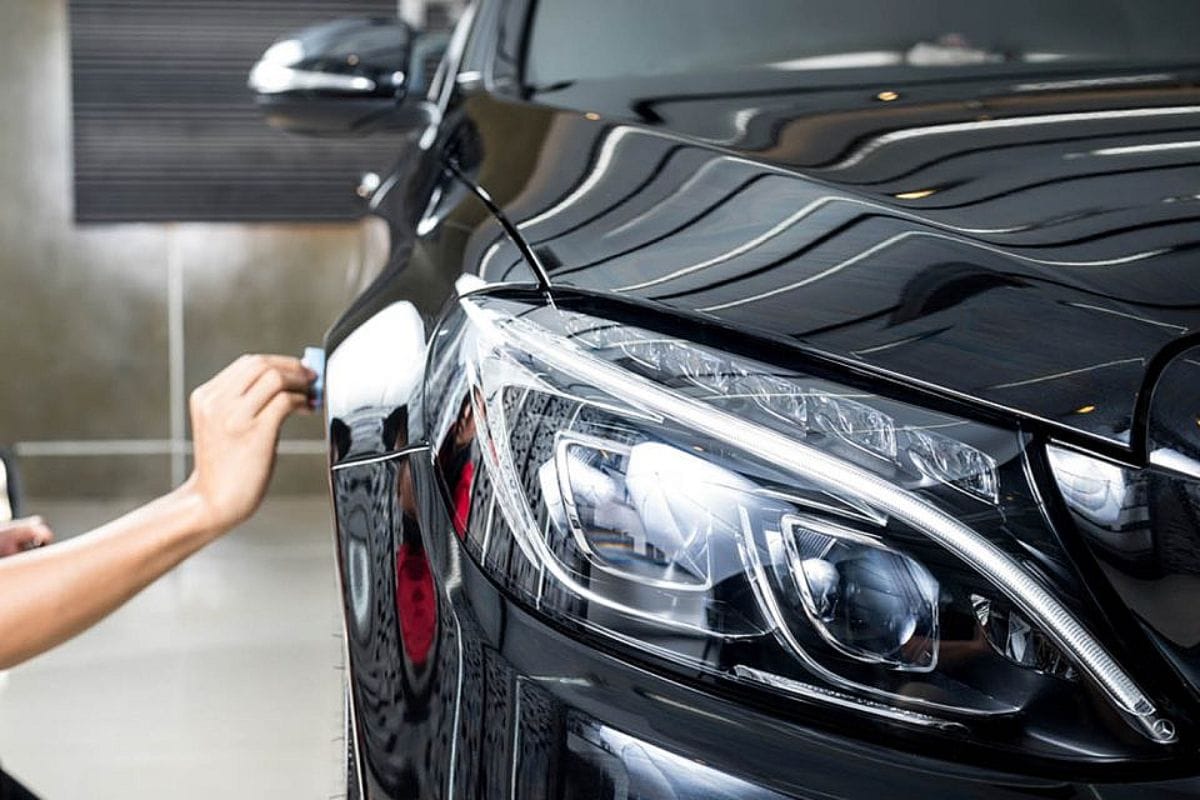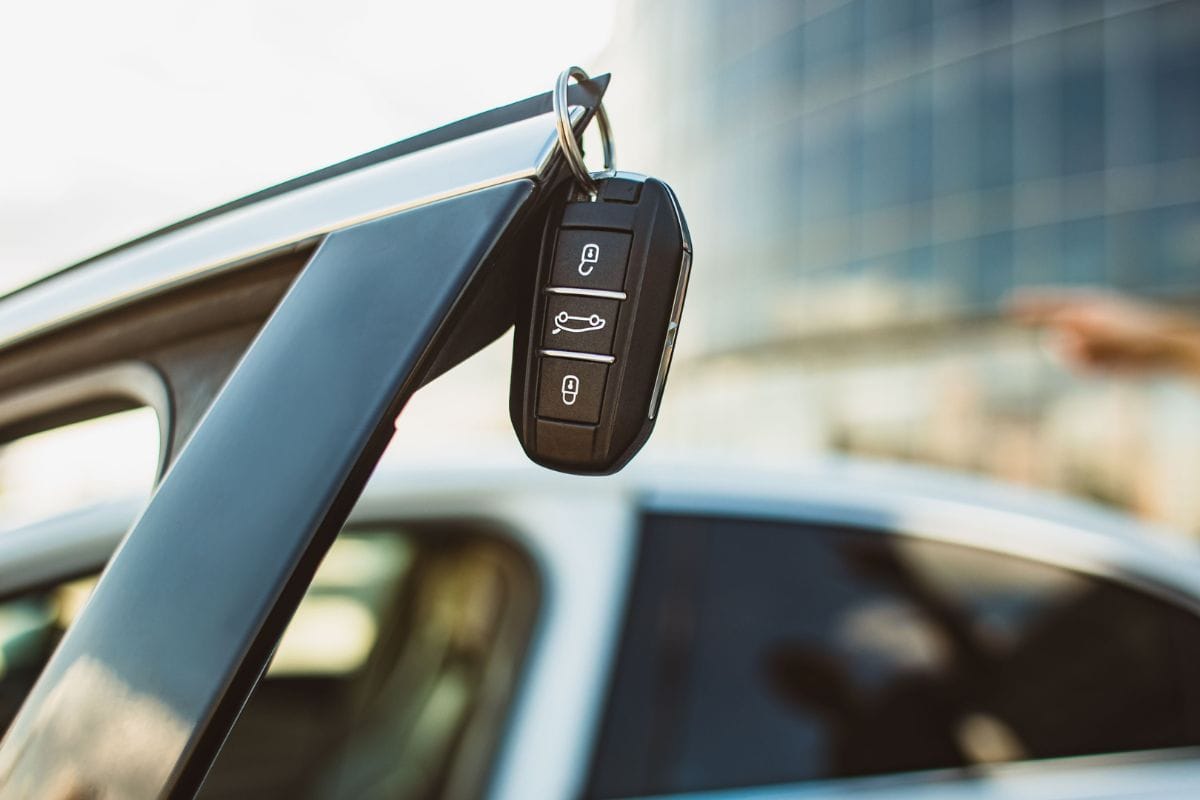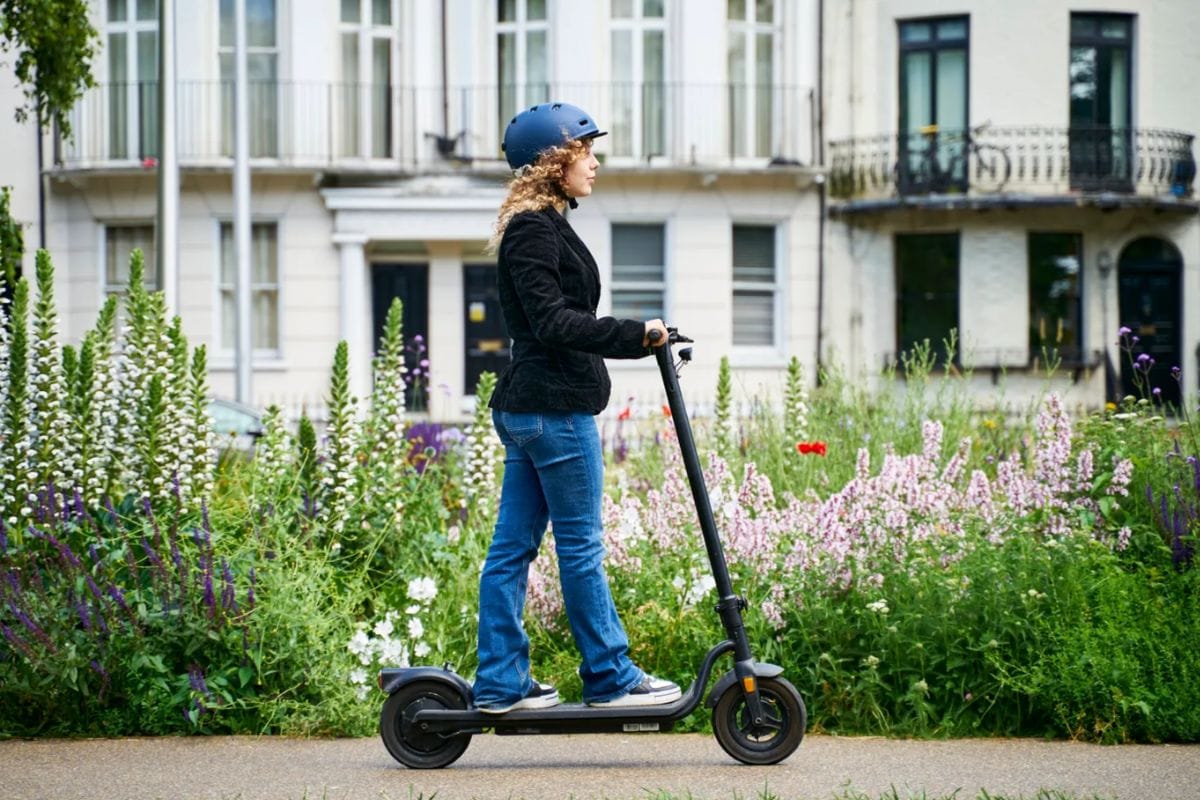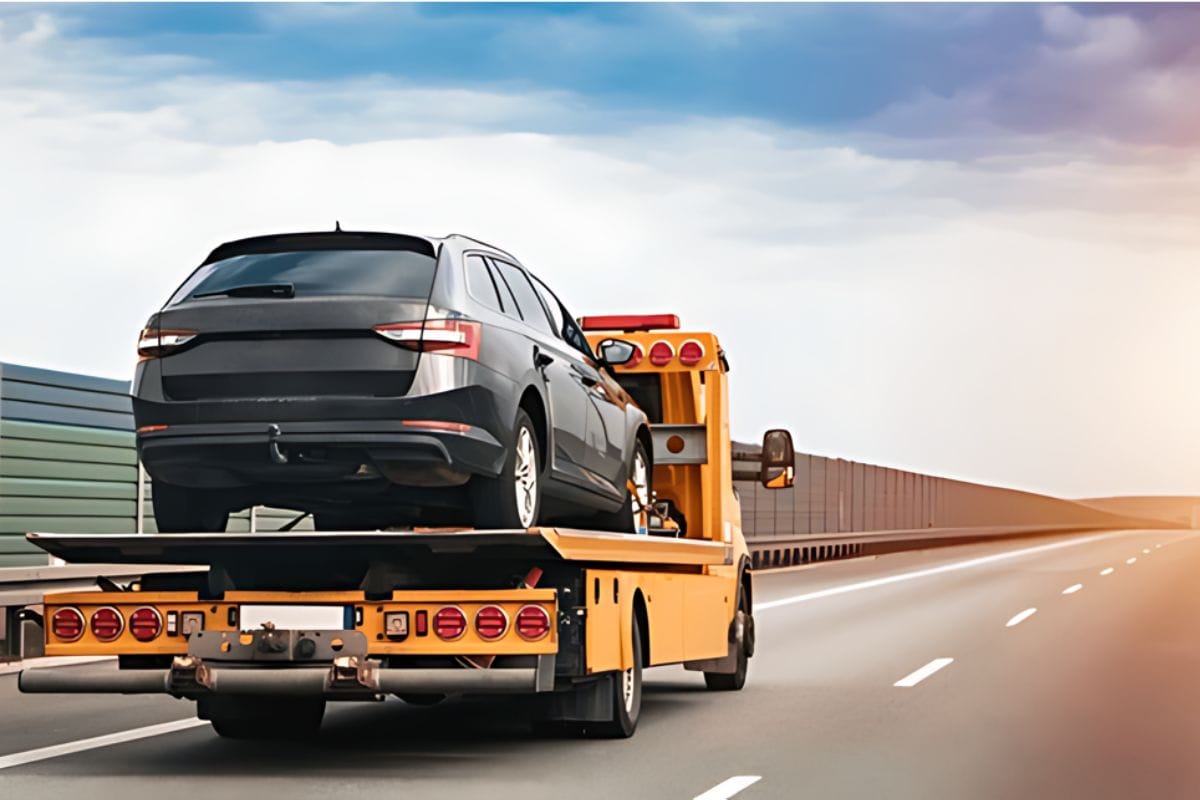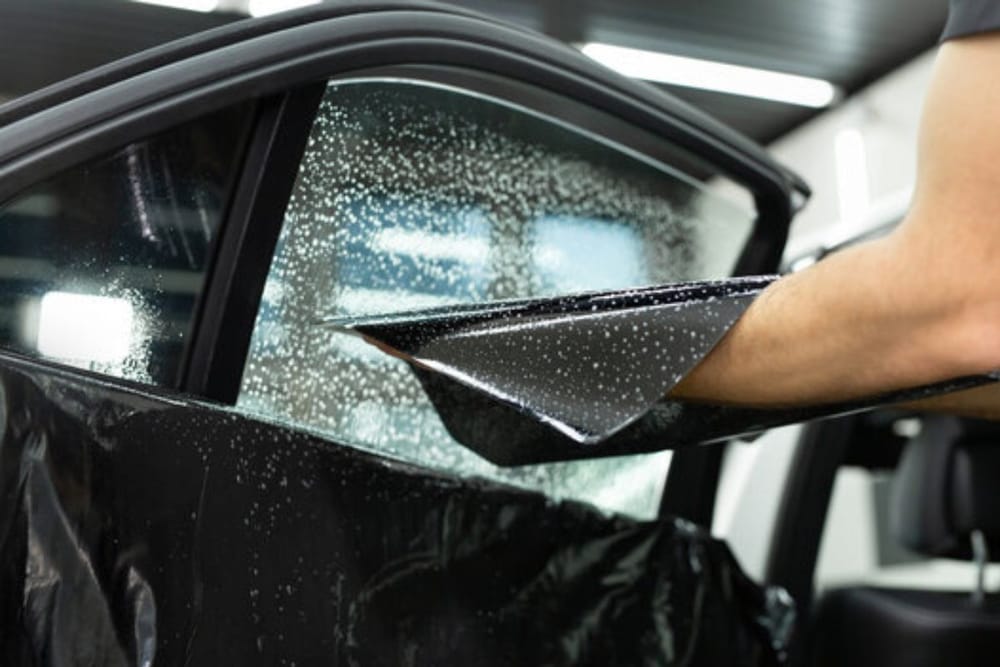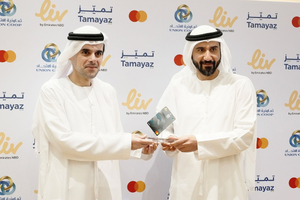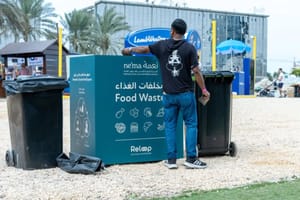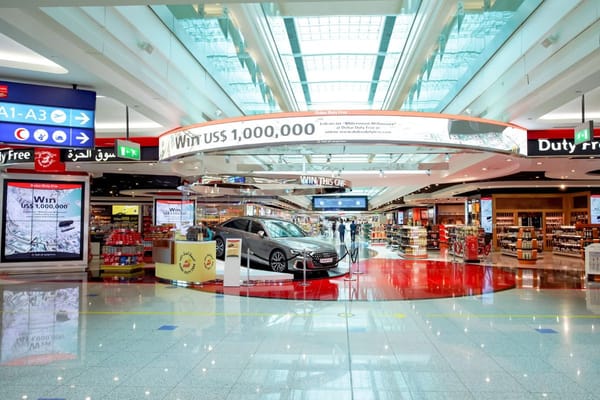When it comes to personalizing and accessorizing cars, many drivers in Dubai focus on aesthetics, comfort, and privacy. Among the most popular upgrades is car window tinting, a feature that not only elevates the vehicle’s appearance but also offers essential benefits such as heat reduction, glare control, and enhanced privacy.
However, many drivers opt for tinting without fully understanding the legal requirements, which can lead to fines or compliance issues. Dubai enforces strict car tinting regulations to ensure road safety while maintaining uniformity across vehicles. Whether you’re considering tinting for its functional benefits or visual appeal, it’s crucial to be well-informed.
Here's everything you need to know, from tinting laws and permitted percentages to the types, costs, and key advantages of window tinting in Dubai.
What is Car Tinting?
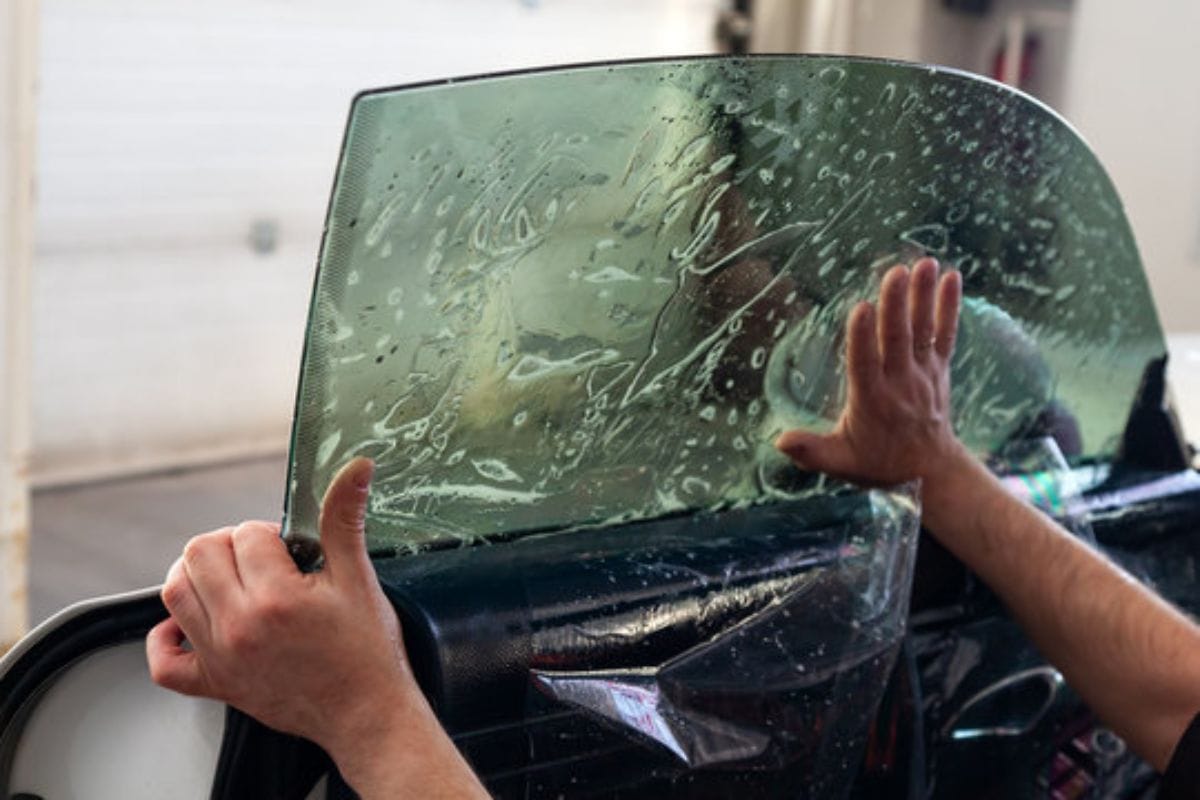
Car tinting involves applying a thin laminate film to a vehicle’s windows to reduce the amount of sunlight and heat entering the car. In a city like Dubai, where temperatures can soar above 45°C (113°F) during summer, tinting is not just a luxury but a necessity for many drivers. Beyond heat reduction, tinting also protects the car’s interior from UV damage, enhances privacy, and adds a sleek, polished look to the vehicle.
However, before you rush to get your car tinted, it’s essential to understand the legal requirements and the different types of tints available in Dubai.
What Are The Types of Car Tinting in Dubai
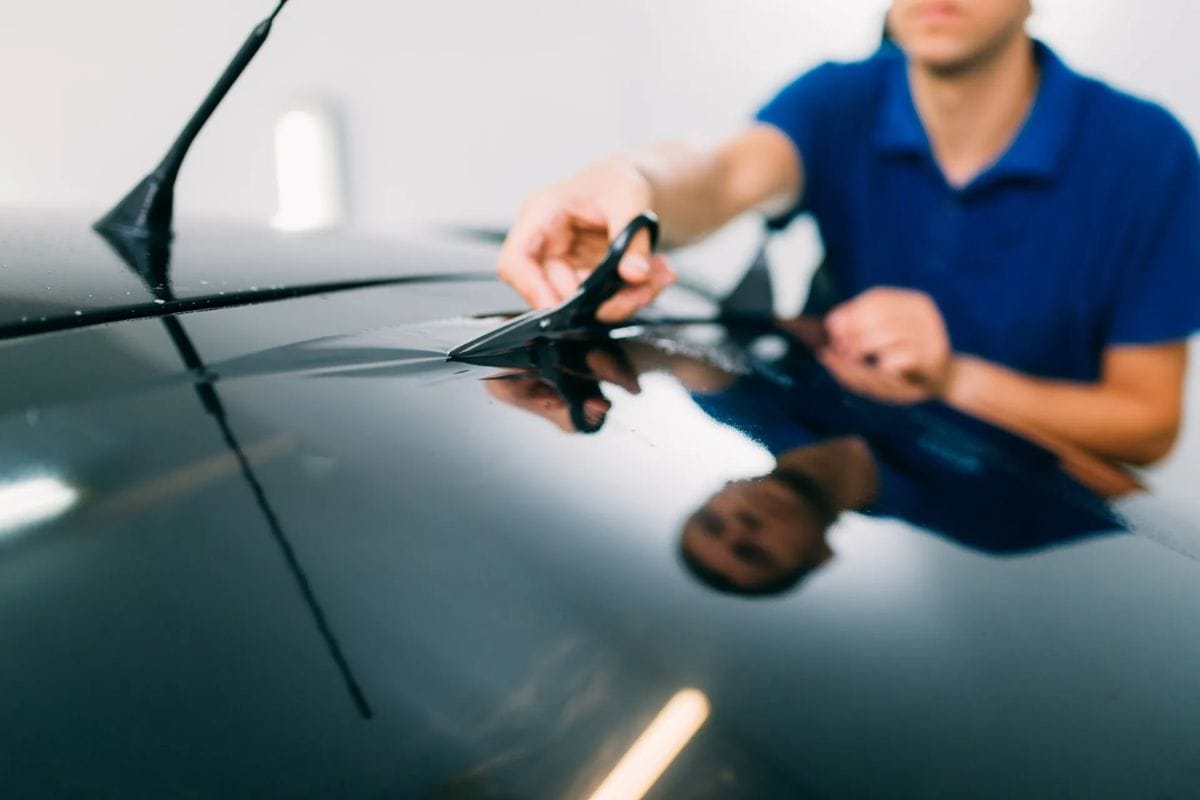
Dubai’s intense heat and high UV radiation make car window tinting an essential upgrade for many vehicle owners. The right tint can significantly reduce heat buildup, protect passengers from harmful rays, and enhance overall driving comfort. With several types of window tinting available, choosing the best option depends on factors such as heat resistance, durability, and privacy requirements.
1. Crystalline Window Tint
For those who want the benefits of window tinting without darkening their car windows, crystalline window tint is an excellent choice. This tint uses multi-layer optical film nanotechnology, effectively blocking up to 99.9% of UV rays and 97% of infrared rays. One of the best-known brands in this category is 3M Crystalline, which offers superior heat rejection while maintaining clear visibility, making it ideal for those who prioritize a natural look.
2. Polyethylene Terephthalate (PET) Window Tint
A widely used option in the UAE, PET window tint is made from thermoplastic polymer resin, which provides effective thermal insulation. It filters out harmful UV rays and helps minimize excessive heat exposure, reducing the risk of sun damage and skin-related issues. Due to its affordability and practicality, PET tint is a popular choice for car owners looking for cost-effective heat protection.
3. Dyed Window Tint
As one of the most budget-friendly options, dyed window tint consists of a dyed film layer that absorbs heat rather than reflecting it. While it improves privacy and reduces glare, this type of tint does not block heat as efficiently as other options. Over time, exposure to Dubai’s harsh sunlight can cause dyed tints to fade, peel, or lose effectiveness which makes them a less durable choice.
4. Hybrid Window Tint
Hybrid tints combine reflective metals with dye to create a balanced tint that provides good heat rejection without excessive reflectivity. Typically made using a fusion of titanium and grey dye, hybrid tints allow sufficient natural light while still offering privacy, UV protection, and glare reduction. Unlike fully metalized tints, hybrid tints are designed to be less interfering with electronic signals while still maintaining durability.
5. Metalized Window Tint
For those looking for enhanced heat rejection and durability, metalized tints are a reliable choice. These tints contain tiny metallic particles that effectively reflect solar heat and UV rays, keeping the vehicle cooler. Additionally, metalized tints reinforce the glass, making it more shatter-resistant. However, one downside is that metalized films can interfere with GPS, mobile network signals, and radio frequencies.
6. Carbon Window Tint
Carbon-based tints offer excellent heat-blocking properties without the issues associated with metalized films. Unlike dyed tints, carbon window films do not fade over time, making them a more durable and long-lasting solution. They also provide a matte finish, enhancing the car’s aesthetics while ensuring superior UV and infrared protection.
7. Ceramic Window Tint
For car owners seeking premium protection and clarity, ceramic tint is one of the best options available. This advanced film contains ceramic particles, which effectively block 50% of solar heat and 99% of UV rays. Since it is non-metallic and non-conductive, ceramic tints do not interfere with electronic signals. They are also highly resistant to fading and discoloration, making them a long-term investment for car owners looking for high-performance tinting.
8. Nano-Ceramic Window Tint
A step above standard ceramic tint, nano-ceramic tint utilizes advanced infrared-blocking technology for unmatched heat rejection and UV protection. This type of tint provides exceptional clarity, reduces glare, and ensures maximum comfort, making it the top-tier choice for luxury car owners. While it comes at a higher price point, nano-ceramic tint offers unrivaled durability, efficiency, and long-term performance.
How Much Does It Cost to Tint Your Car in Dubai?
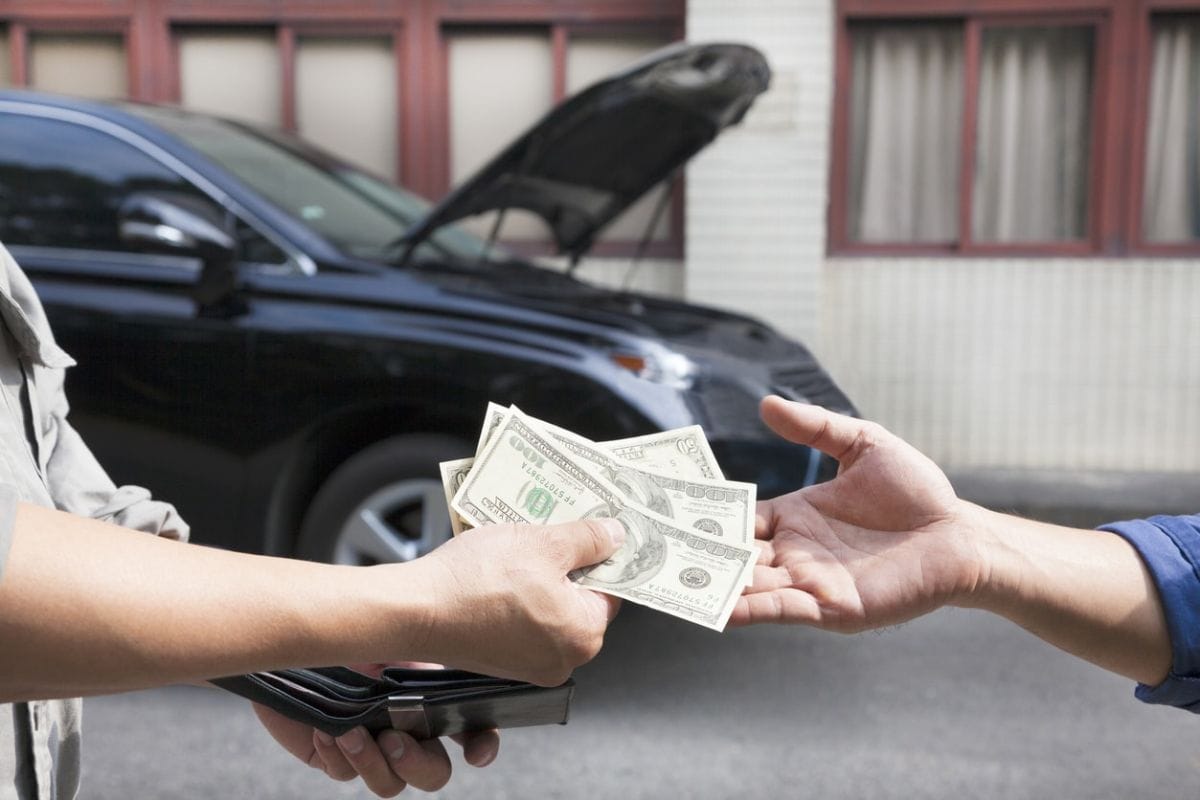
The cost of car window tinting in Dubai varies based on several factors, including the service provider, vehicle size, type of tinting material, and brand. Generally, pricing starts at AED 200 for a sedan and AED 300 for an SUV, with larger vehicles costing more. For instance, a medium-sized SUV typically costs around AED 1,000, while a large SUV may cost approximately AED 1,200.
For those opting for premium crystalline tints, prices increase accordingly. Small sedans can expect to pay around AED 1,600, whereas larger sedans may require AED 1,800. Meanwhile, crystalline tinting for large SUVs can cost up to AED 2,000.
Material choice also plays a crucial role in pricing. High-quality options like 3M tint can cost approximately AED 2,800 for a compact car. While most window tints last at least five years, top-tier brands offer lifetime warranties for added durability and protection.
For budget-conscious car owners, DIY tinting kits are available, allowing you to apply the film yourself and reduce costs. However, professional installation ensures better results, longevity, and compliance with Dubai's car tinting regulations.
What Are The Laws Regarding Car Tinting in Dubai?

Car windows come with a factory-applied light tint to minimize UV exposure, but this is often barely noticeable. If you’re looking for additional tinting to enhance privacy and shield yourself from the harsh Dubai sun, it’s crucial to ensure the glass remains compliant with legal transparency requirements.
According to Circular No. 86 and Article No. 9 of the UAE Traffic Law, the maximum permissible tint for side and rear windows is 50%, while the front windshield cannot be tinted under any circumstances. Before 2017, only 30% tinting was allowed, meaning windows had to maintain at least 70% visible light transmission (VLT). However, taxis, trucks, and company-owned vehicles are exempt from these regulations.
The decision to increase the permissible tint level was influenced by Dubai’s extreme summer heat, allowing drivers greater comfort while maintaining road safety. To avoid fines or penalties, it’s essential to get window tinting done by a trusted and licensed service provider. Non-compliance with the 50% tinting rule can result in a fine of AED 1,500. However, certain exemptions exist, such as in the case of drivers with specific medical conditions or those with special approvals from the RTA or Dubai Police, who may be permitted a higher tint percentage.
- Legal Tint Percentage: The maximum legal tint limit for private vehicles is 50% darkness for side and rear windows.
- Front Windshield: Tinting the front windshield is strictly prohibited.
- Commercial and Rental Vehicles: Taxis, company-owned cars, and rental cars must adhere to a 30% tint limit or may not be allowed to have tint at all.
- Exemptions: Some individuals with medical conditions requiring UV protection may apply for special permission to use a darker tint.
- Penalties for Violations: Exceeding the allowed tint percentage can result in a fine of AED 1,500 and possible removal of the tint by authorities.
Pros and Cons of Tinting Your Car
Pros
- Heat Reduction: Tinting significantly reduces the amount of heat entering the car which makes it more comfortable during Dubai’s hot summers.
- UV Protection: Quality tints block up to 99% of harmful UV rays, protecting both passengers and car interiors from sun damage.
- Enhanced Privacy: Darker tints prevent outsiders from seeing inside, ensuring better privacy.
- Glare Reduction: Tinting minimizes glare from the sun and headlights, improving visibility and reducing eye strain.
- Shatter Resistance: Some tints strengthen the glass, reducing the risk of shattering during an accident or break-in attempt.
Cons
- Legal Restrictions: Strict regulations limit the darkness of tints, and exceeding the limit can result in fines.
- Reduced Night Visibility: Very dark tints can make it harder to see at night, increasing the risk of accidents.
- Interference with Electronic Signals: Metalized tints can disrupt GPS, radio, and mobile signals.
- Higher Costs for Premium Tints: High-quality ceramic or nano-ceramic tints can be expensive.
FAQs
Is 50% tint legal in Dubai?
Yes, private vehicles are allowed to have up to 50% tint on their side and rear windows, but front windshield tinting remains illegal.
Can I tint my car darker than 50%?
No, unless you have a special exemption for medical reasons approved by the authorities.
Can rental cars have tinted windows?
Most rental cars must comply with the 30% tint limit or may not be allowed to have tint at all. Always check with the rental company.
How long does car tinting take?
Professional tinting services usually take 2 to 4 hours, depending on the type of film and the car model.
How long does car tint last?
It depends on the quality of the tint. Dyed tints may fade within 2-3 years, while high-quality ceramic and nano-ceramic tints can last over 10 years with proper maintenance.
Can I remove my car tint if needed?
Yes, car tints can be professionally removed or replaced if required. However, improper removal may damage the glass.
Also Read:
